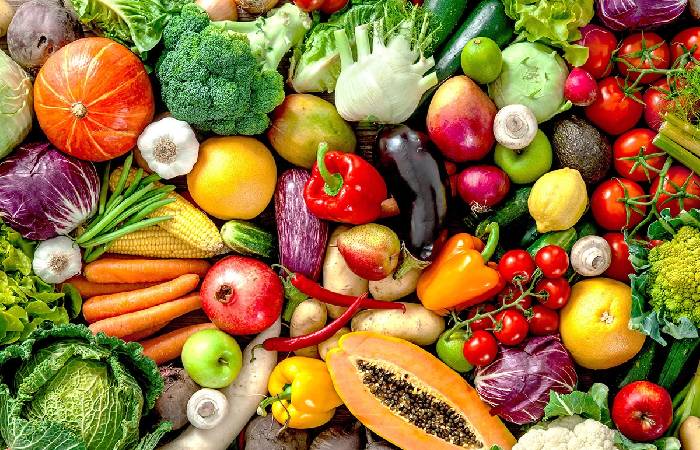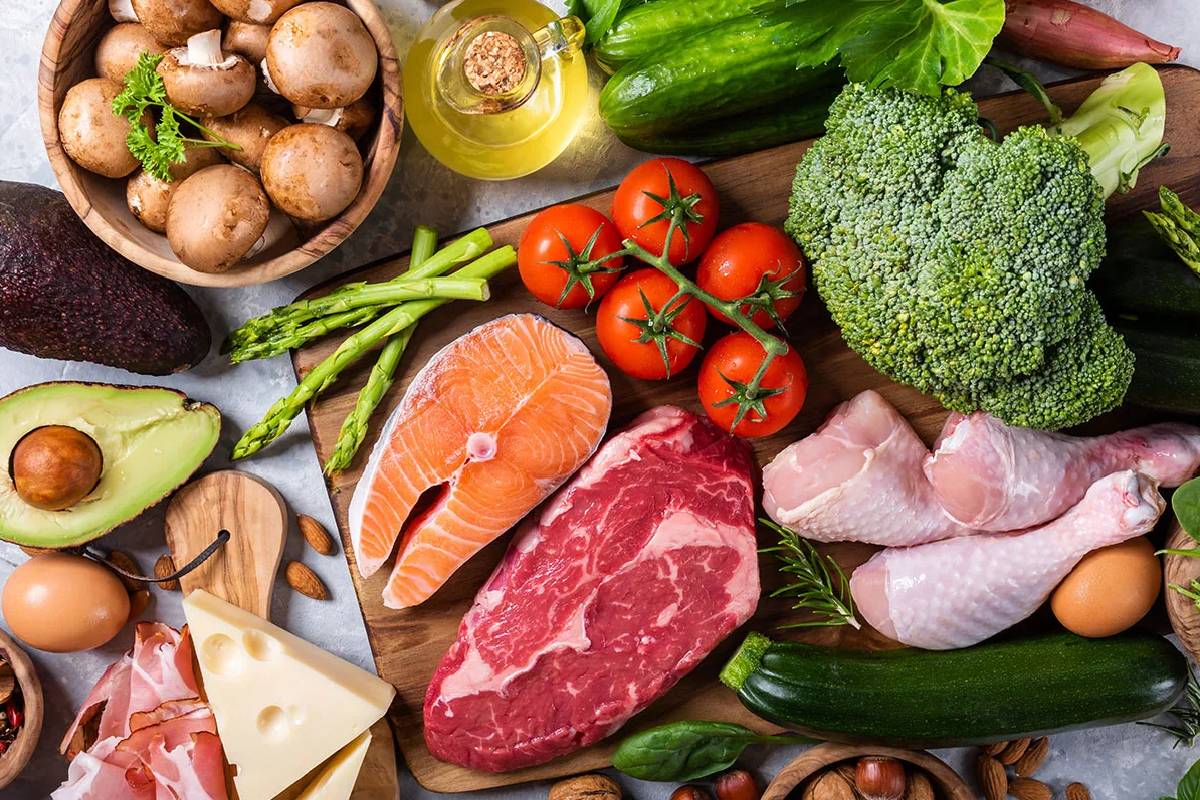Going grain-free diet means cutting out gluten-containing wheat products and gluten-free grains like rice, corn, oats, and barley. In addition, small amounts of technically grain-free quinoa, amaranth, and buckwheat products are allowed on a grain-free diet.
Unlike the ketogenic diet, which restricts carbohydrates, a grain-free diet is not a low-carb option. However, complex carbohydrates in potatoes, sweet potatoes, carrots, and zucchini recommends in moderation.
Also, the grain-free diet does not restrict meat or fish products, eggs, legumes/beans, seeds, nuts, sugar, or dairy products. But most proponents of the diet encourage you to pay care to your body’s biofeedback and eliminate other types of food that cause you to have undesirable health consequences.
In many ways, a grain-free diet is similar to other standard diets that avoid gluten and promote digestion, such as the GAPS diet, the alkaline diet, the wheat belly diet, or the Paleo diet plan.
Unlike many of these other diets, researchers haven’t extensively studied an utterly grain-free diet. However, much anecdotal evidence (and some research) supports the assumption that some people can significantly benefit from eliminating grains from their regular diets.
Table of Contents
What are the Benefits of a Grain-Free Diet?

1. It can help curb your food addiction
Food addiction is a compulsive problem affecting many people, especially in Western countries such as the United States, where unhealthy and cheap food is easy to find and popular to eat. Clinical food addiction is categorized by those who overeat despite consequences such as weight gain, damaged relationships or health problems.
However, a less extreme version of this happens to many of us when we consistently eat foods that we know are bad for us.
2. Possibly Supports Heart Health
The consensus here isn’t complete, but there’s some evidence that cutting acne can be good for your heart. For example, a study at the Eastern Michigan University School of Health Sciences examining the benefits of the Paleolithic diet for people with high cholesterol found that the grain-free diet significantly lowered cholesterol, including LDL levels, and reduced high triglycerides.
Other evidence suggests that refined starches, such as those found in processed grain foods, may promote metabolic syndrome, a range of conditions that increase the risk of stroke, diabetes and heart disease.
3. It May improve mental health
Interestingly, grains can affect mental health. For example, studies of the link between celiac disease and gluten have found that this elimination can help with various mental and brain issues, including epilepsy/seizures, anxiety, depression, ADD, and autism spectrum disorders.
Researchers have seen improvements in various mental problems by removing gluten from the diet, even for non-celiacs. Indeed, although the causes are unclear, gluten appears to be an essential factor in development and management.
4. Requires Home Cooking and Label Reading
One of the finest things about a grain-free diet is that it requires you to cook more at home and pay close attention to food labels. Cooking at home is associated with better overall diet quality, regardless of weight loss intentions or special diet.
5. It May Help Improve Other Physical Symptoms
Gluten and wheat products can link to the development of leaky gut syndrome, a problem with the penetrability of the digestive tract associated with chronic inflammation and various symptoms, including food sensitivities, thyroid problems, fatigue, aches and aches and pains, headache, and skin problems: digestive ailments and weight gain.
So starting a grain-free diet can reduce any symptoms in your life, especially if it’s a problem with your leaky gut. For example, people with Crohn’s disease and IBS reported improving their digestive status after following a grain-free diet.

